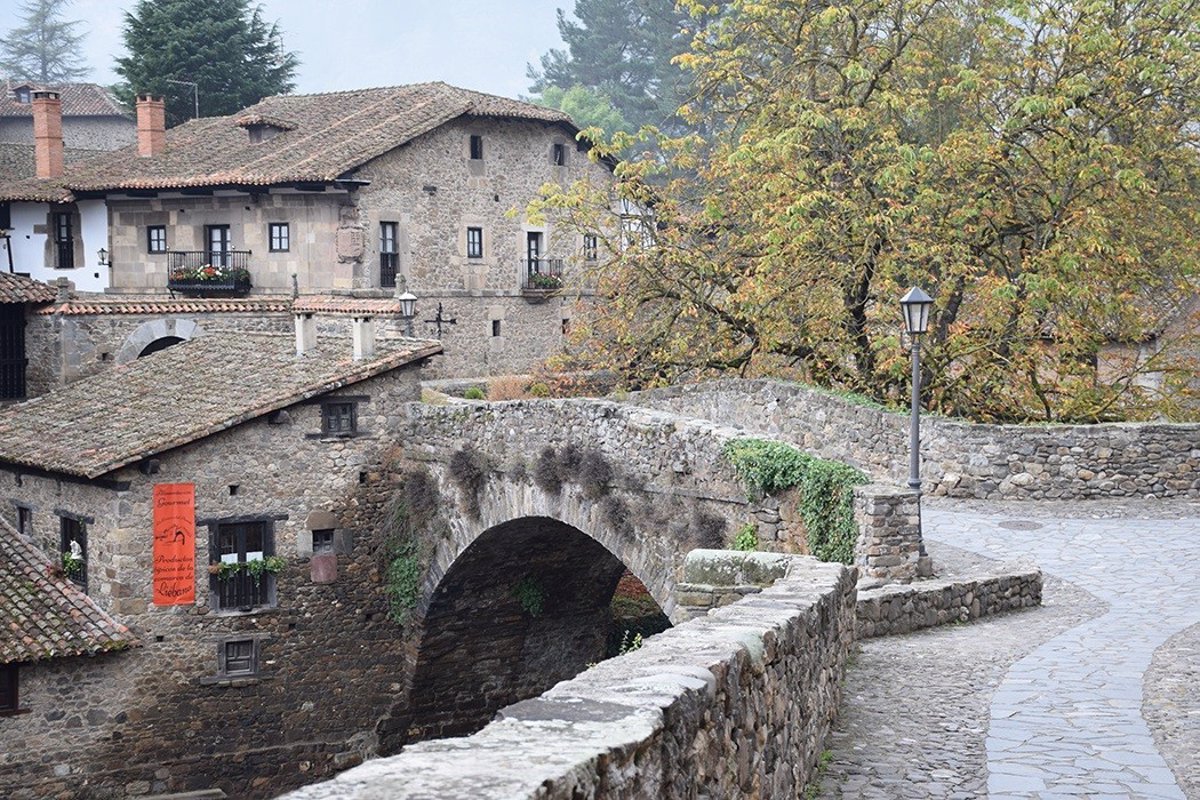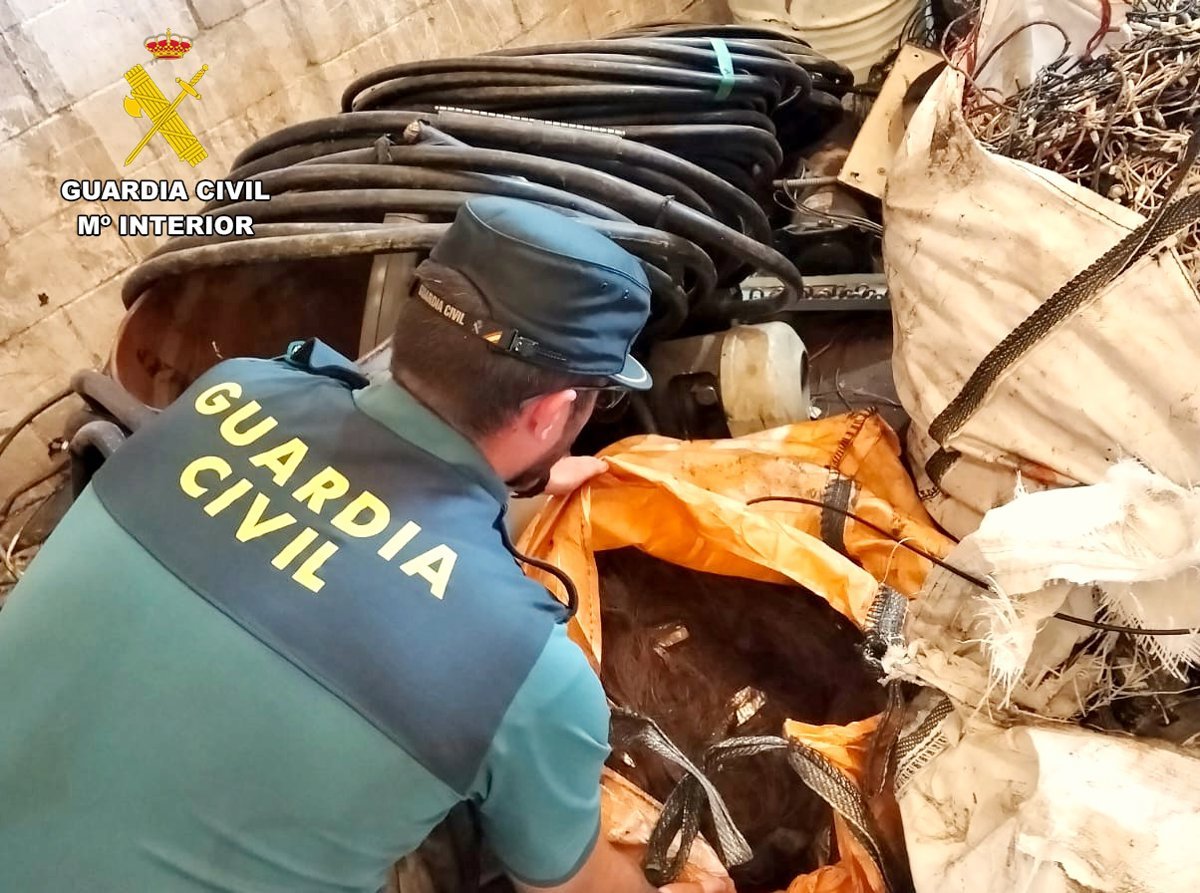La ocupación en Semana Santa en Cantabria alcanza el 75% sin ser «histórica»

Cantabria leaves behind a Holy Week that has not been «historic» for the region’s hoteliers, with an average occupancy of 75 percent, «as expected,» due on the one hand to «key» days and regions like Liébana that have recorded better figures, and on the other hand, to a weather forecast that «has not been entirely accurate» and to «illegal» tourist homes and «unregulated» accommodations.
This is what the president of the Business Association of Hospitality of Cantabria (AEHC), Eduardo Lamadrid, stated on Monday in statements sent to the media, acknowledging that this Holy Week «has not been the best in the history of the region.»
However, he believes that the data are «positive» and show «potential,» so -he has pointed out- if certain aspects such as weather forecasting and accommodation regulation are better managed, «better results can be achieved in the future.»
Overall, the spokesperson for the sector in the autonomous community considers that the results of these days are «positive,» partly due to the three «key» days that managed to increase the figures and to areas with higher occupancy, such as the Liébana region.
«Although it is not a historic week, the results are positive, but they feel insufficient,» Lamadrid admitted, to show that since this year Holy Week fell in April, «the numbers should have been much better.»
Thus, compared to 2023, the occupancies have been «lower,» something that «worries» the AEHC. In addition to this, its president understands that there are aspects that «could have been better utilized,» such as weather forecasting, which in his opinion «has not been entirely accurate.»
Despite the fact that «in Cantabria, with a southern wind, it generally does not rain,» the forecasts of the State Meteorological Agency (AEMET) pointed to «very bad weather» in the region, something that «weighed down the possible occupancies.»
TOURIST APARTMENTS AND SUPERMARKET CONSUMPTION
«Furthermore, we have observed that many streets were full of tourists, while there were empty beds in hotels and accommodations, indicating that some chose to stay in illegal tourist homes or other types of unregulated accommodations,» Lamadrid added.
In this regard, and to conclude, he referred to the «change in behavior» of tourists and in the distribution of accommodations, something that is also noticeable in supermarket consumption, which these days were «much fuller than usual,» while restaurants saw a decrease of around 5 to 8 percent compared to other years.








